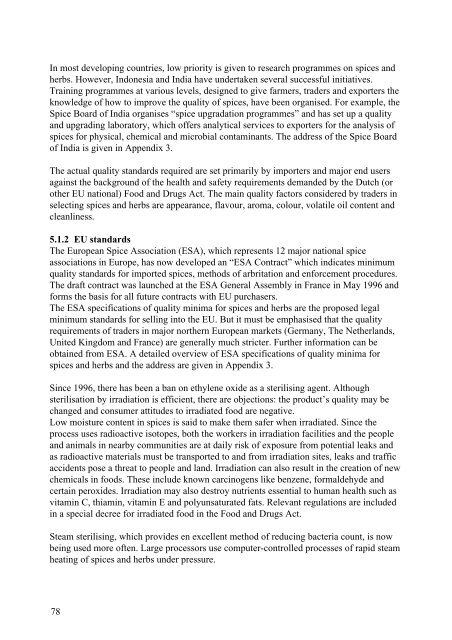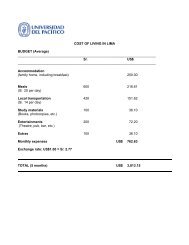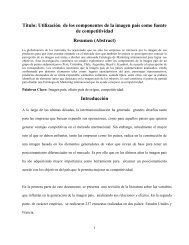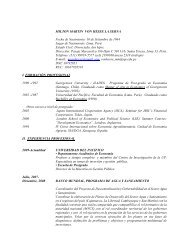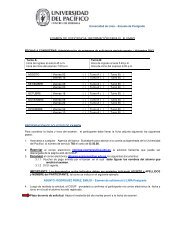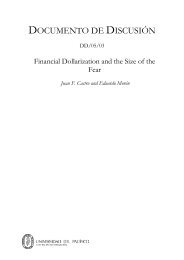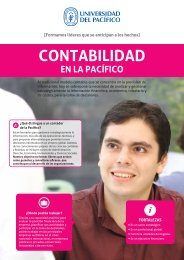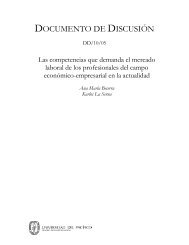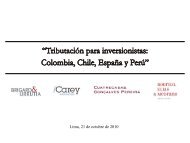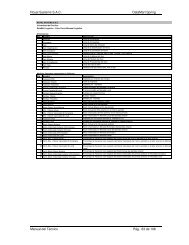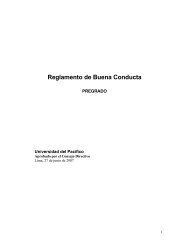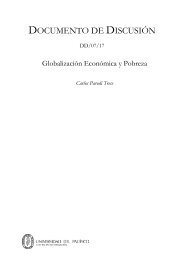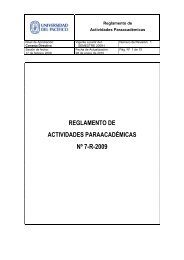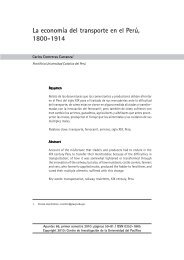Spices and Herbs
Spices and Herbs
Spices and Herbs
Create successful ePaper yourself
Turn your PDF publications into a flip-book with our unique Google optimized e-Paper software.
In most developing countries, low priority is given to research programmes on spices <strong>and</strong><br />
herbs. However, Indonesia <strong>and</strong> India have undertaken several successful initiatives.<br />
Training programmes at various levels, designed to give farmers, traders <strong>and</strong> exporters the<br />
knowledge of how to improve the quality of spices, have been organised. For example, the<br />
Spice Board of India organises “spice upgradation programmes” <strong>and</strong> has set up a quality<br />
<strong>and</strong> upgrading laboratory, which offers analytical services to exporters for the analysis of<br />
spices for physical, chemical <strong>and</strong> microbial contaminants. The address of the Spice Board<br />
of India is given in Appendix 3.<br />
The actual quality st<strong>and</strong>ards required are set primarily by importers <strong>and</strong> major end users<br />
against the background of the health <strong>and</strong> safety requirements dem<strong>and</strong>ed by the Dutch (or<br />
other EU national) Food <strong>and</strong> Drugs Act. The main quality factors considered by traders in<br />
selecting spices <strong>and</strong> herbs are appearance, flavour, aroma, colour, volatile oil content <strong>and</strong><br />
cleanliness.<br />
5.1.2 EU st<strong>and</strong>ards<br />
The European Spice Association (ESA), which represents 12 major national spice<br />
associations in Europe, has now developed an “ESA Contract” which indicates minimum<br />
quality st<strong>and</strong>ards for imported spices, methods of arbritation <strong>and</strong> enforcement procedures.<br />
The draft contract was launched at the ESA General Assembly in France in May 1996 <strong>and</strong><br />
forms the basis for all future contracts with EU purchasers.<br />
The ESA specifications of quality minima for spices <strong>and</strong> herbs are the proposed legal<br />
minimum st<strong>and</strong>ards for selling into the EU. But it must be emphasised that the quality<br />
requirements of traders in major northern European markets (Germany, The Netherl<strong>and</strong>s,<br />
United Kingdom <strong>and</strong> France) are generally much stricter. Further information can be<br />
obtained from ESA. A detailed overview of ESA specifications of quality minima for<br />
spices <strong>and</strong> herbs <strong>and</strong> the address are given in Appendix 3.<br />
Since 1996, there has been a ban on ethylene oxide as a sterilising agent. Although<br />
sterilisation by irradiation is efficient, there are objections: the product’s quality may be<br />
changed <strong>and</strong> consumer attitudes to irradiated food are negative.<br />
Low moisture content in spices is said to make them safer when irradiated. Since the<br />
process uses radioactive isotopes, both the workers in irradiation facilities <strong>and</strong> the people<br />
<strong>and</strong> animals in nearby communities are at daily risk of exposure from potential leaks <strong>and</strong><br />
as radioactive materials must be transported to <strong>and</strong> from irradiation sites, leaks <strong>and</strong> traffic<br />
accidents pose a threat to people <strong>and</strong> l<strong>and</strong>. Irradiation can also result in the creation of new<br />
chemicals in foods. These include known carcinogens like benzene, formaldehyde <strong>and</strong><br />
certain peroxides. Irradiation may also destroy nutrients essential to human health such as<br />
vitamin C, thiamin, vitamin E <strong>and</strong> polyunsaturated fats. Relevant regulations are included<br />
in a special decree for irradiated food in the Food <strong>and</strong> Drugs Act.<br />
Steam sterilising, which provides en excellent method of reducing bacteria count, is now<br />
being used more often. Large processors use computer-controlled processes of rapid steam<br />
heating of spices <strong>and</strong> herbs under pressure.<br />
78


